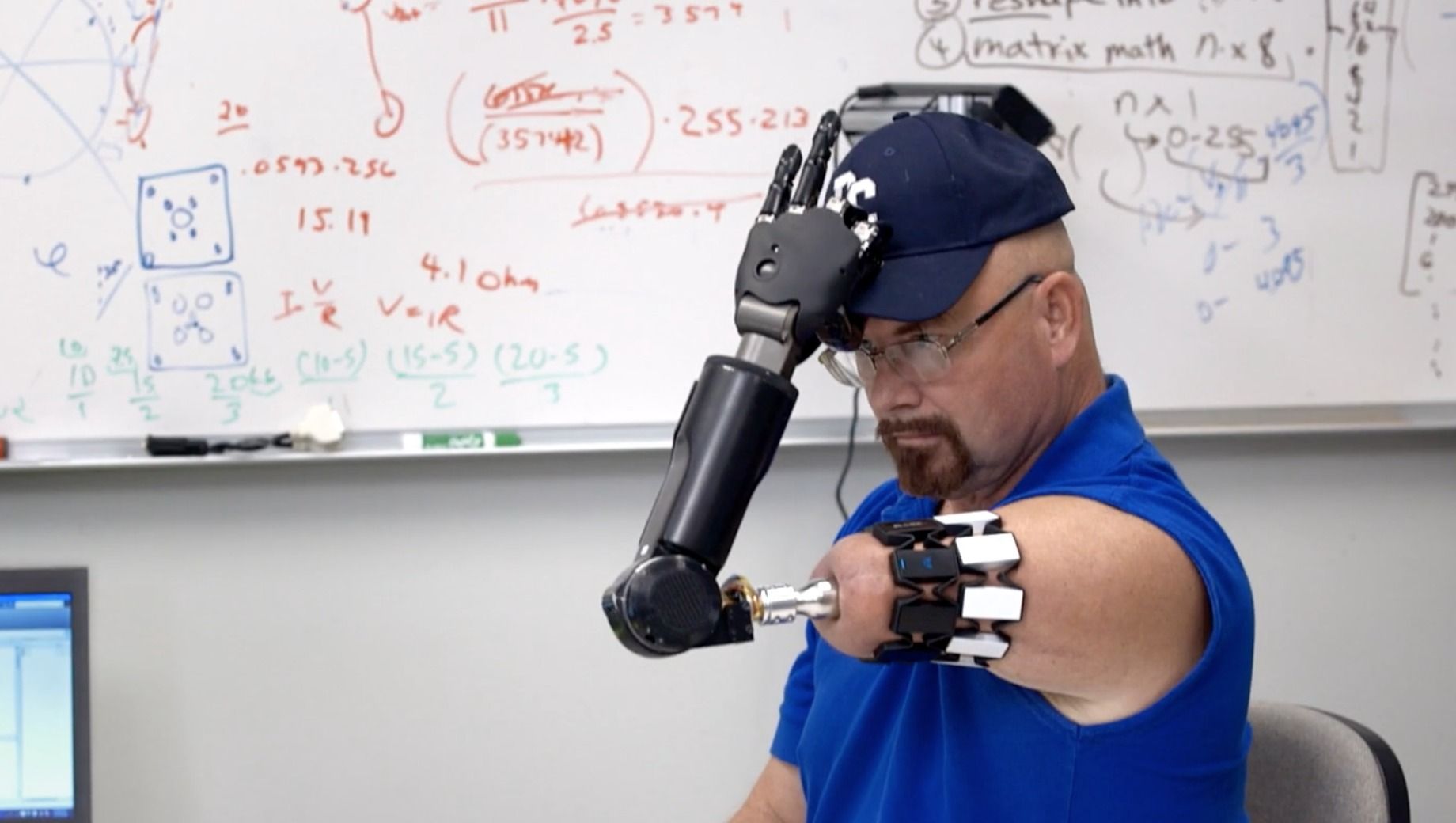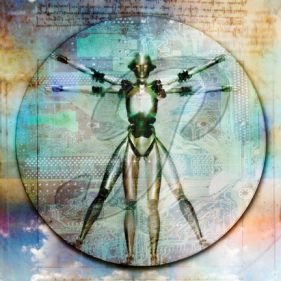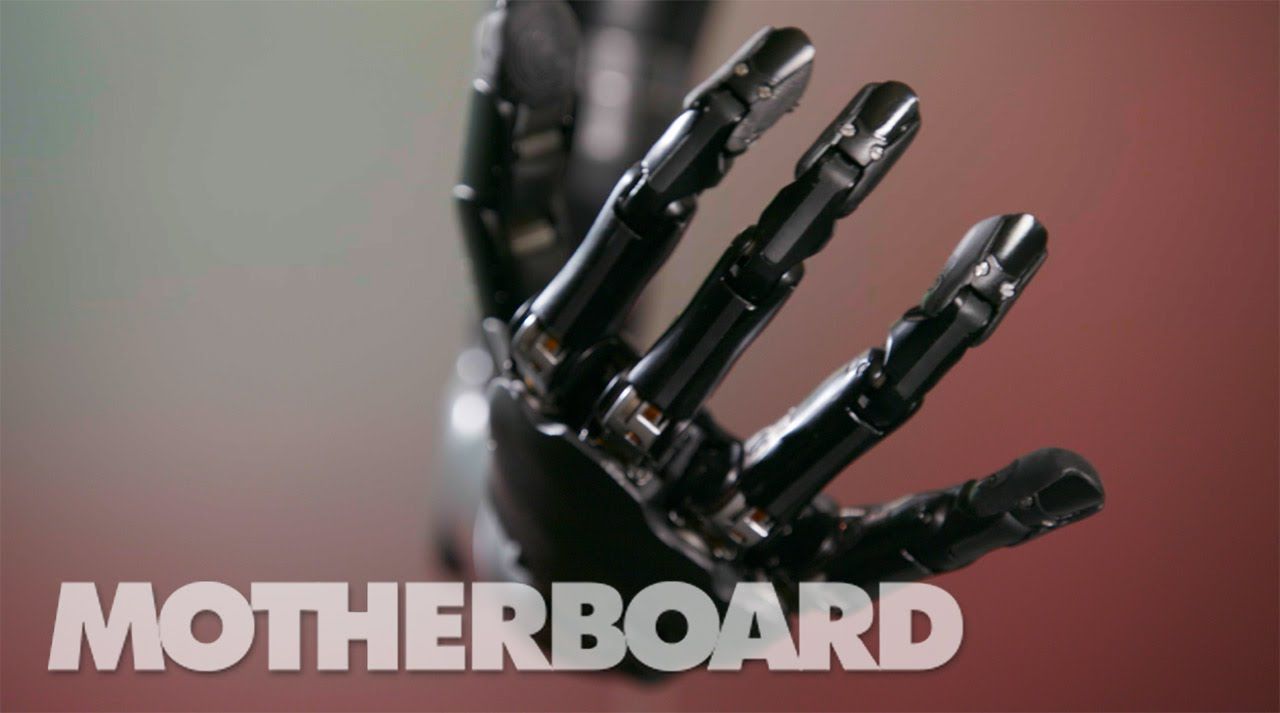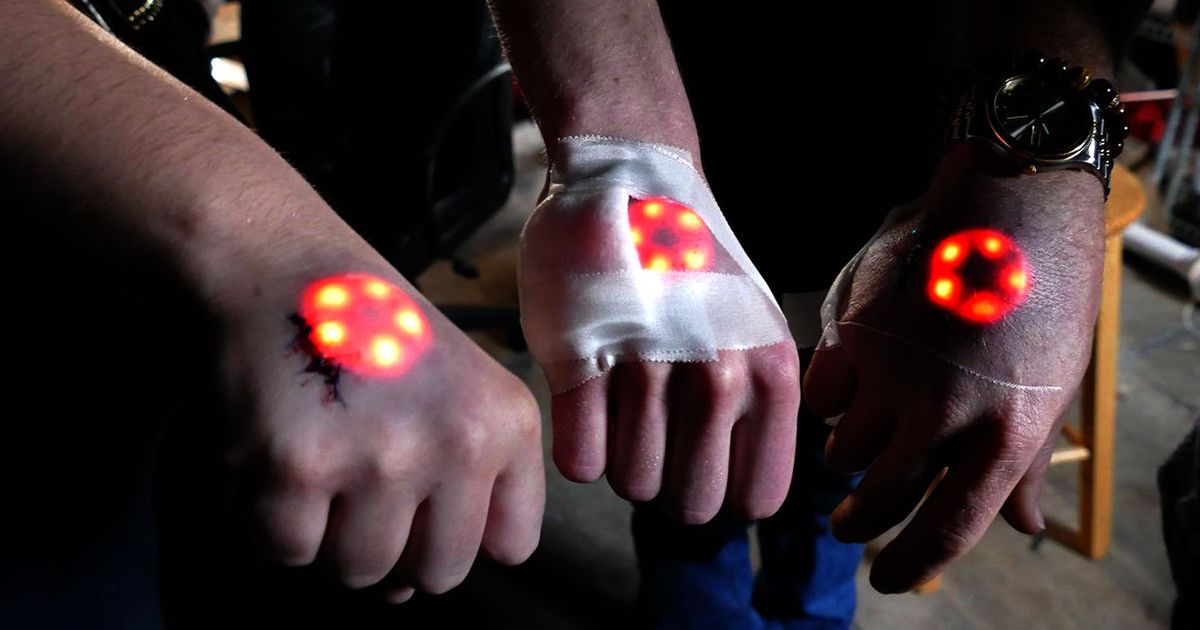Sep 4, 2016
‘Abolish artificial scarcity’: @KevinCarson1
Posted by Harry J. Bentham in categories: disruptive technology, economics, futurism, government, hacking, hardware, policy, transhumanism
Predicting an economic “singularity” approaching, Kevin Carson from the Center for a Stateless Society writes in The Homebrew Industrial Revolution (2010) we can look forward to a vibrant “alternative economy” driven less and less by corporate and state leviathans.
According to Carson, “the more technical advances lower the capital outlays and overhead for production in the informal economy, the more the economic calculus is shifted” (p. 357). While this sums up the message of the book and its relevance to advocates of open existing and emerging technologies, the analysis Carson offers to reach his conclusions is extensive and sophisticated.
With the technology of individual creativity expanding constantly, the analysis goes, “increasing competition, easy diffusion of new technology and technique, and increasing transparency of cost structure will – between them – arbitrage the rate of profit to virtually zero and squeeze artificial scarcity rents” (p. 346).
An unrivalled champion of arguments against “intellectual property”, the author believes IP to be nothing more than a last-ditch attempt by talentless corporations to continue making profit at the expensive of true creators and scientists (p. 114–129). The view has significant merit.
Continue reading “'Abolish artificial scarcity': @KevinCarson1” »



 But why would humans want to willingly accelerate or initiate the next step in evolution? The positives of transhumanism are lofty goals that mankind has sought after for years, goals such as a world without diseases, ignorance, or even death. The only question, and an extremely important one, is how much is humanity willing to modify itself to attain those goals, and could the end result still be considered human?
But why would humans want to willingly accelerate or initiate the next step in evolution? The positives of transhumanism are lofty goals that mankind has sought after for years, goals such as a world without diseases, ignorance, or even death. The only question, and an extremely important one, is how much is humanity willing to modify itself to attain those goals, and could the end result still be considered human? 













